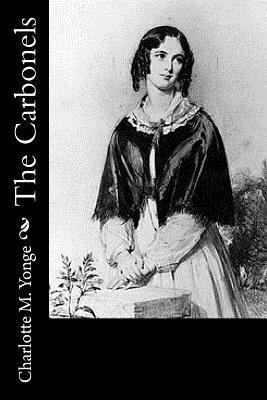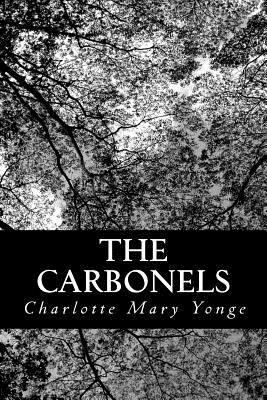All Formats & Editions
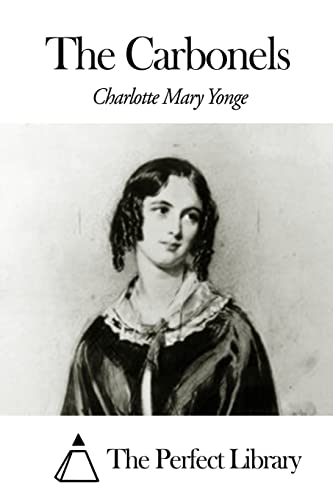
The Carbonels
"The Carbonels", by Charlotte Mary Yonge. Charlotte Mary Yonge was an english novelist (1823-1901).
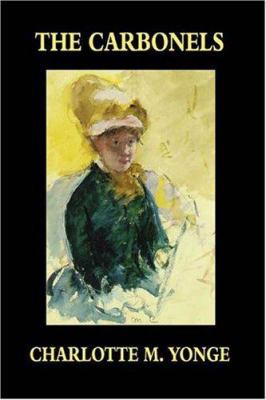
The Carbonels
The Carbonels by Charlotte M. Yonge is a historical novel that follows the lives of Captain Edmund Carbonel and his wife, Mary, as they settle into life at Greenhow Farm. The novel, set in early 19th-century England, explores their efforts to improve the local rural community,...
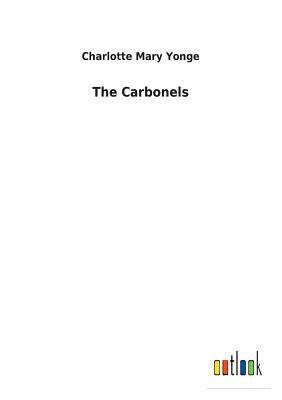
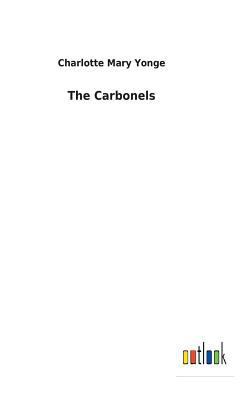
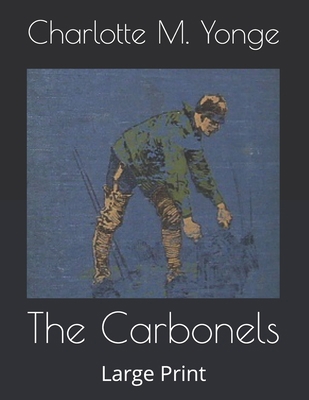
The Carbonels: Large Print
The time was the summer of 1822. The place was a garden, somewhat gone to waste, with a gravel drive running round a great circle of periwinkles with a spotted aucuba in the middle. There was a low, two-storied house, with green shutters, green Venetian blinds, and a rather shabby...
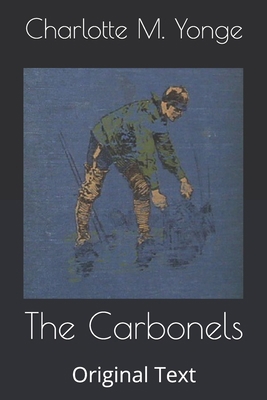
The Carbonels: Original Text
The time was the summer of 1822. The place was a garden, somewhat gone to waste, with a gravel drive running round a great circle of periwinkles with a spotted aucuba in the middle. There was a low, two-storied house, with green shutters, green Venetian blinds, and a rather shabby...
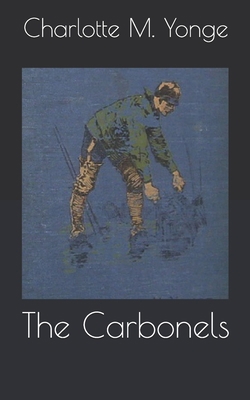
The Carbonels
The time was the summer of 1822. The place was a garden, somewhat gone to waste, with a gravel drive running round a great circle of periwinkles with a spotted aucuba in the middle. There was a low, two-storied house, with green shutters, green Venetian blinds, and a rather shabby...
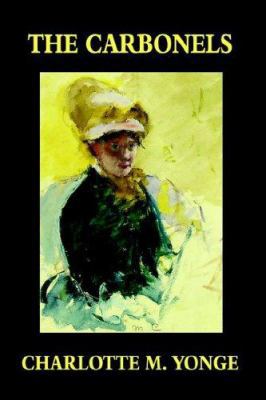
The Carbonels
The Carbonels is a historical novel that follows the lives of Captain Edmund Carbonel and his wife, Mary, as they settle into life at Greenhow Farm. The novel, set in early 19th-century England, explores their efforts to improve the local rural community, particularly through...

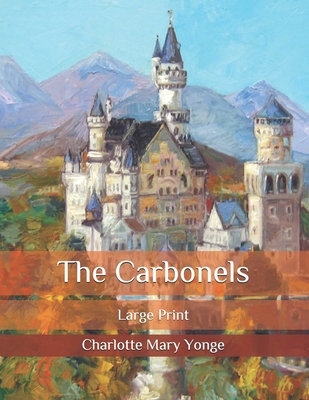
The Carbonels: Large Print

The Carbonels
This work has been selected by scholars as being culturally important, and is part of the knowledge base of civilization as we know it. This work is in the "public domain in the United States of America, and possibly other nations. Within the United States, you may freely...

The Carbonels
This work has been selected by scholars as being culturally important, and is part of the knowledge base of civilization as we know it. This work is in the "public domain in the United States of America, and possibly other nations. Within the United States, you may freely...

The Carbonels
"For thy walls a pretty slight drollery." The Second Part of King Henry IV. "A bad lot. Yes, sir, a thoroughly bad lot." "You don't mean it." "Yes, ma'am, a bad lot is the Uphill people. Good for nothing and ungrateful I've known them these thirty-years, and no one will do anything...
